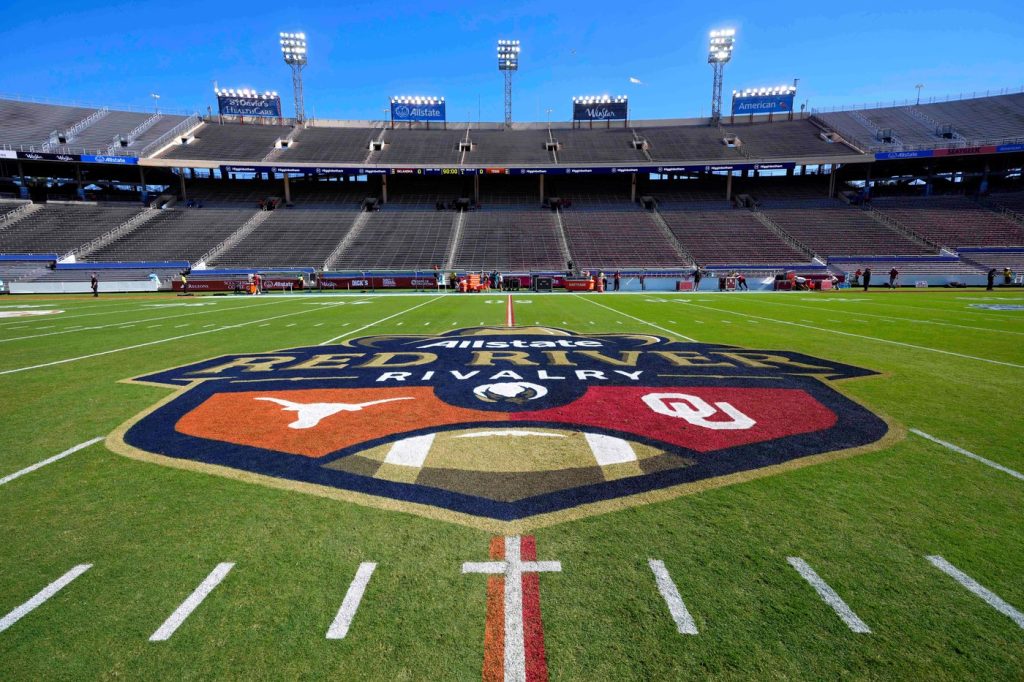As fall approaches, the efforts to reform college sports face uncertainty, with two major legislative proposals struggling to garner sufficient support in Congress due to their differing priorities. The SCORE Act, introduced in July with some bipartisan backing, aims to provide the NCAA with a limited antitrust exemption, specifically designed to protect the organization from lawsuits regarding eligibility rules while prohibiting athletes from being classified as employees of their schools.
On the other hand, the SAFE Act, introduced by Democratic lawmakers last month, centers on the concept of allowing conferences to pool their broadcasting rights. Supporters argue that this approach could generate significant additional revenue, potentially in the billions, for an industry that is evolving to allow schools to compensate players.
Despite their differences, both bills share a significant similarity: they aim to preempt state laws concerning name, image, and likeness (NIL) payments. Since July 2021, various states have implemented differing regulations regarding NIL, leading to discrepancies even among teams within the same conference. Greg Sankey, Commissioner of the Southeastern Conference, highlighted this "state preemption" provision as a logical solution, asserting that it ensures athletes know their competitors are subject to the same rules regardless of their location.
Additionally, both legislative proposals mandate that schools provide medical insurance to athletes after they graduate, though the SCORE Act extends this requirement for three years, while the SAFE Act proposes a five-year period.
The most pronounced differences between the two bills lie in their treatment of athletes' rights. A significant majority of Democrats are resistant to the idea of stripping athletes of their rights, particularly their ability to sue the NCAA or organize into unions, which could establish them as employees. An NCAA official has described the concept of athletes as employees as a "budget-buster of the century," citing surveys indicating that most athletes do not support this notion.
The NCAA argues that a limited antitrust protection is necessary to avoid current legal complications, with numerous lawsuits regarding eligibility rules pending in various courts. Conversely, the SEC and Big 12 have expressed skepticism regarding the SAFE Act's proposal to pool television rights, suggesting that it does not guarantee increased revenue in the future. Proponents like Texas Tech's head of regents, Cody Campbell, have launched advertising campaigns touting the potential for pooling arrangements to yield between $4 billion and $7 billion more, although concrete details on the calculations have yet to be provided.
The subject of the Olympics could present a possible avenue for compromise, as politicians often embrace the American flag and its symbolism. There is general consensus that the success of college football and basketball is crucial to funding less profitable sports that develop athletes for Team USA. Both SCORE and SAFE acknowledge this reality but approach it differently: SCORE would mandate a minimum number of sports for certain schools, while SAFE proposes utilizing proceeds from future television contracts to maintain the participation of women's and Olympic sports at current levels.
If there are ever signs that the Olympic pipeline is at risk, that might spur urgency for finding common ground. Although some programs have faced cuts, the NCAA asserts that scholarship funding and participation rates are currently at record levels following a recent House settlement.
The likelihood of either bill passing remains uncertain. Senator Ted Cruz, R-Texas, voiced opposition to the SAFE Act almost immediately after its introduction. As the chair of the Senate Commerce Committee overseeing college sports, Cruz's stance could greatly influence whether the bill reaches the Senate floor, where it would require 60 votes to advance. The SCORE Act seemed on track for a vote in the House, but numerous Republican skeptics may impede its progress.
In recent weeks, the NCAA and various conferences have sought to regain momentum in their advocacy efforts. However, many believe that, given the looming government shutdown, college sports reform is not high on Congress's list of priorities. If House Republicans unify around the SCORE Act, there exists a possibility that it could be attached to essential legislation, forcing Democrats into a difficult position of either supporting or rejecting a bill they might otherwise favor. However, for the SCORE Act to pass in the Senate, substantial changes may be needed, especially in light of concerns regarding athletes' rights.











